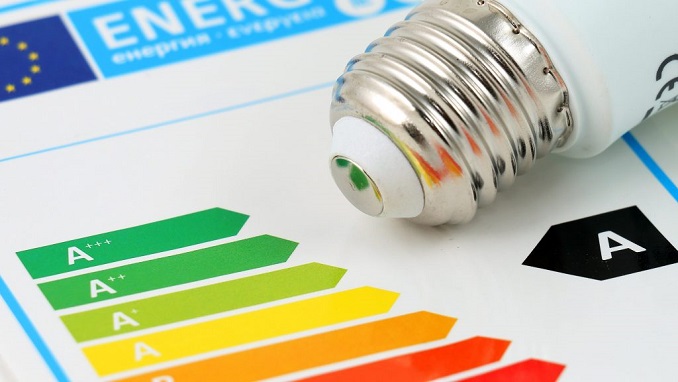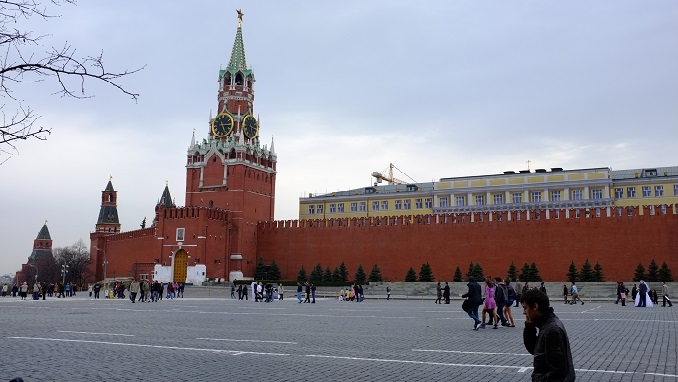Despite the sluggish progress in talks between the European Parliament and the 27 member countries of the bloc, EU legislators aim to sign off on a new law to boost energy efficiency in 2023.
To boost energy savings targets, the European Commission proposed in 2021 a revision of the energy efficiency directive, including reducing primary and final energy consumption by 2030.
In May 2022, the European Commission updated the proposed target for overall energy savings under the law since the looming energy crisis has only increased the need to save energy.
Nicola Danti, an Italian centrist MEP who is the leading negotiator for the European Parliament, said that if they want to ensure that economic growth goes along with the Green Deal, it will be of key importance to improve the performance of public bodies’ buildings, production processes, district heating, and cooling as well as data centers.
Danti also emphasized the Energy Efficiency Directive’s importance as a valuable tool to reach both our climate and energy security goals, even more so in the current situation.
According to a parliamentary source, negotiators are more than halfway there after reaching an agreement on a substantial number of articles, but the main political issues and key obstacles are yet to be debated.
Noting that the negotiators managed to agree on heating and cooling plans that will need to be drawn up by local authorities despite the very narrow agenda of the latest trialogue on Dec. 14, the source explained that the aim now is to align these plans with the European Union’s goal to reach climate neutrality.
They’ve made it obligatory for any energy project costing over €100 million and for transport projects as of €175 million to apply the energy “efficiency first” principle.
The next round of talks is planned for next year under the Swedish EU Presidency.
Sweden will take over the baton from Czechia, whose EU Council presidency was heavily criticized for moving too slowly and showing little flexibility to compromise and, as critics underscore, seemed eager to water down the general approach – particularly the all-important energy savings obligation – found by their French predecessors in June this year.



